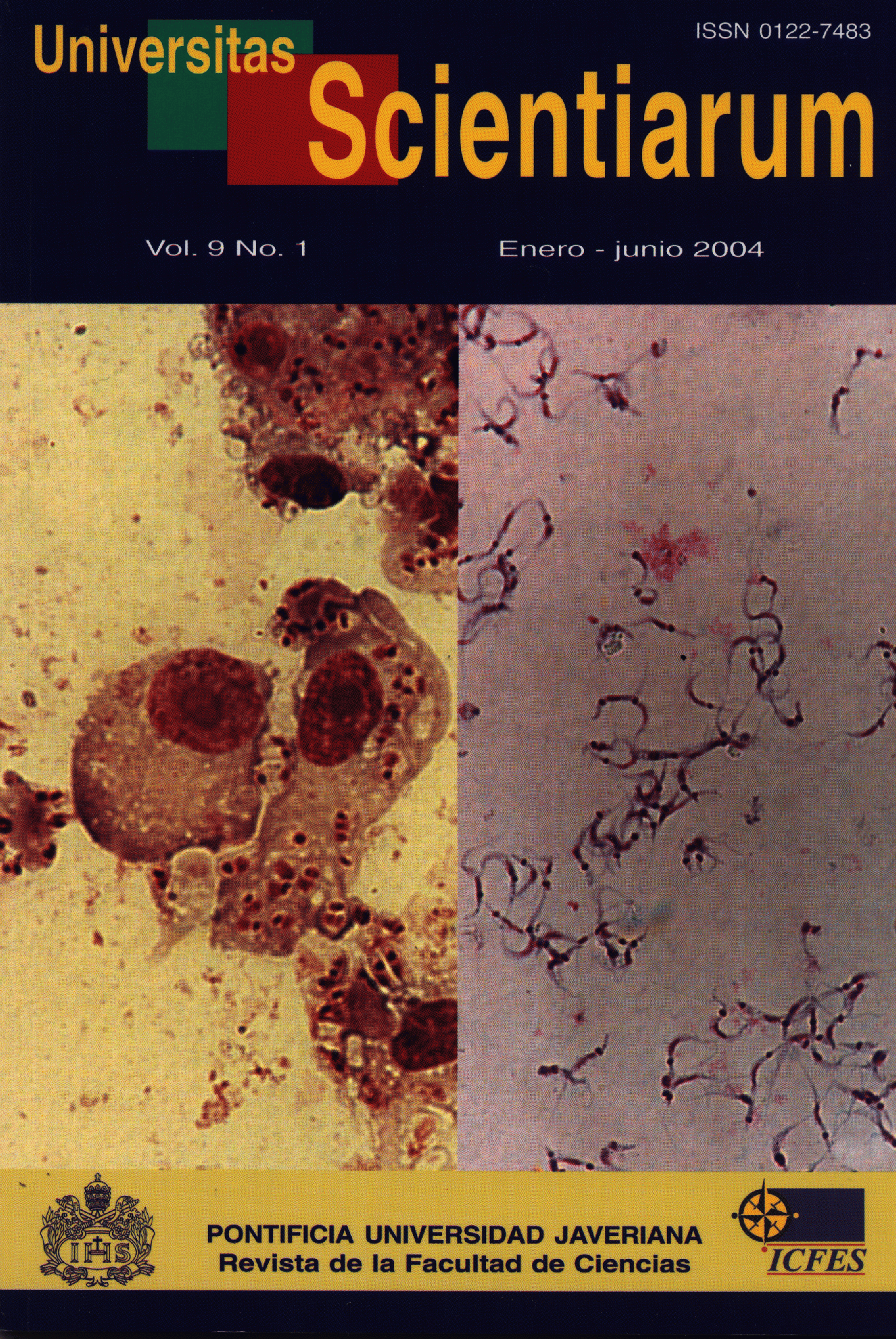Abstract
In this paper, several teaching experiences for understanding the structure and function of prokaryotic and eukaryotic cells are described. These experiences were carried out in courses for ecology students. Applying the Seminar model, it’s important to use the traverse axes, to confront preconcepts, the employment of “mentefacts” (mindframes) and conceptual maps; as the ones proposed by the constructivism and the conceptual pedagogy, which contribute to the motivation and articulation of conceptual structures. The workshops and the type of evaluation enforce the construction of social interaction, cooperative learning, and a better understanding of the thinking strategies. The laboratory work and undergraduate research allow the application of cellular Biology concepts in the analysis of environmental problems.Univ. Sci. is registered under a Creative Commons Attribution 4.0 International Public License. Thus, this work may be reproduced, distributed, and publicly shared in digital format, as long as the names of the authors and Pontificia Universidad Javeriana are acknowledged. Others are allowed to quote, adapt, transform, auto-archive, republish, and create based on this material, for any purpose (even commercial ones), provided the authorship is duly acknowledged, a link to the original work is provided, and it is specified if changes have been made. Pontificia Universidad Javeriana does not hold the rights of published works and the authors are solely responsible for the contents of their works; they keep the moral, intellectual, privacy, and publicity rights. Approving the intervention of the work (review, copy-editing, translation, layout) and the following outreach, are granted through an use license and not through an assignment of rights. This means the journal and Pontificia Universidad Javeriana cannot be held responsible for any ethical malpractice by the authors. As a consequence of the protection granted by the use license, the journal is not required to publish recantations or modify information already published, unless the errata stems from the editorial management process. Publishing contents in this journal does not generate royalties for contributors.



